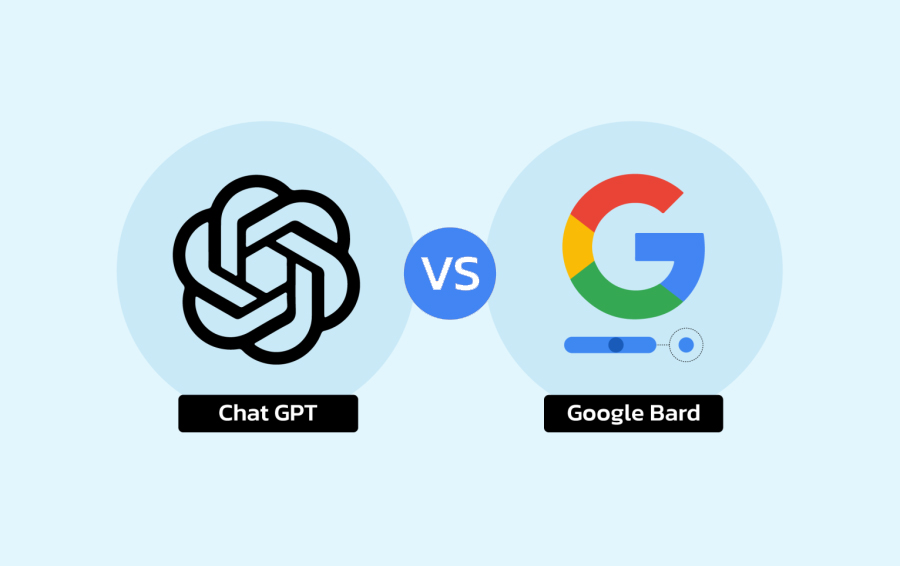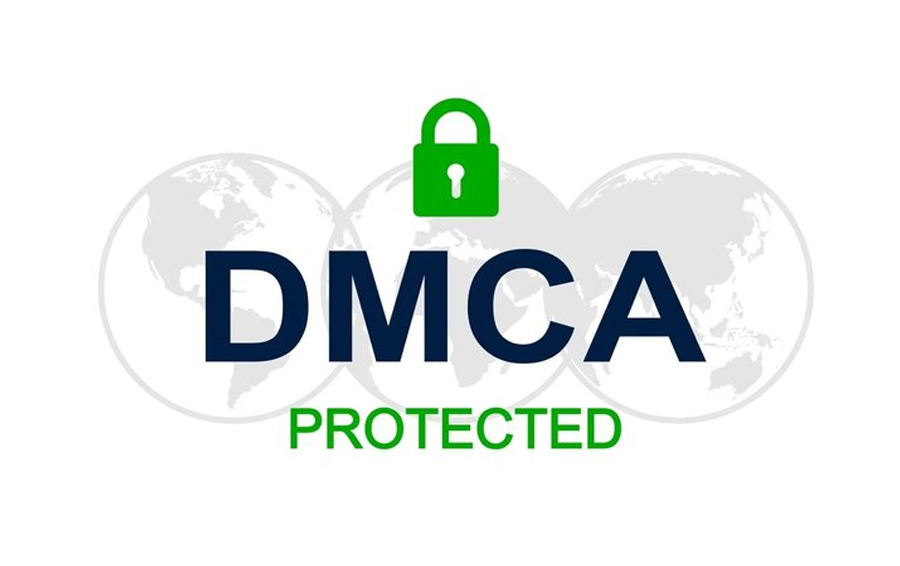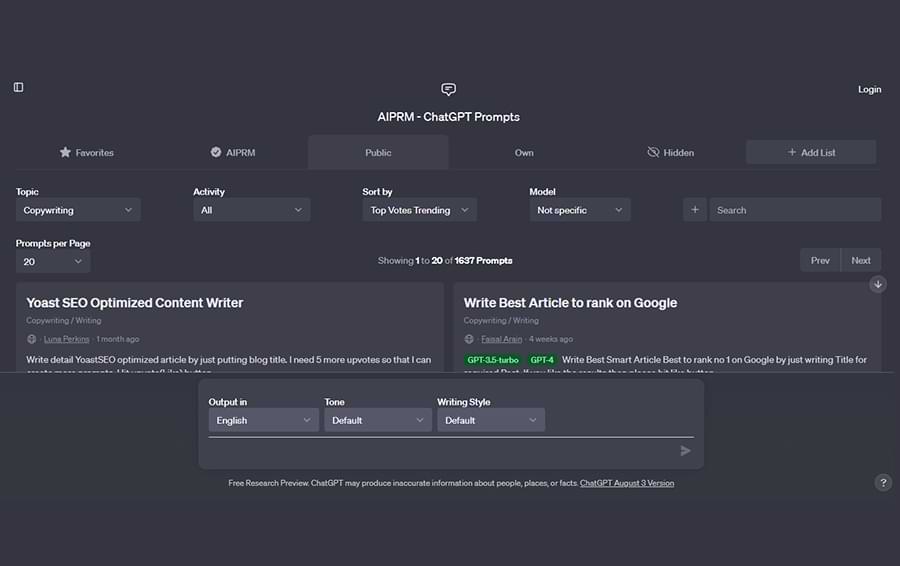What is Webmails ? Benefits and Advantages

What is Webmails ? Benefits and Advantages
When it comes to staying connected, webmail has become an indispensable tool. In this comprehensive guide, we delve into the realm of webmail and explore the myriad advantages it offers. From its convenience to its versatility, we'll unravel the secrets to making webmail work for you.
What Is Webmail?
Before we dive into the advantages of webmail, it's essential to understand what it is. Webmail, short for web-based email, is an email service that allows users to access their emails through a web browser. Unlike traditional email clients, which require software installations and constant updates, webmail is entirely cloud-based. It operates through a web server, meaning you can access your emails from anywhere with an internet connection.
Advantages of Webmail
1. Accessibility Anytime, Anywhere
One of the standout advantages of webmail is its accessibility. Whether you're at home, in the office, or traveling, you can access your email from any device with an internet connection. This level of flexibility allows you to stay in the loop, respond to critical emails, and manage your correspondence no matter where you are.
2. No Software Installation Required
Unlike traditional email clients that demand software installations and regular updates, webmail requires none of these. You won't have to worry about compatibility issues or the hassle of maintaining an email client. This simplicity makes webmail an appealing choice for individuals and businesses alike.
3. Multi-Platform Compatibility
Webmail is platform-agnostic. Whether you prefer using a Windows PC, a Mac, a Linux machine, or a mobile device, webmail functions seamlessly across all platforms. This versatility is a testament to its user-friendliness.
4. Security and Data Backup
Most webmail services come with robust security measures in place. They employ encryption protocols to protect your emails and data. Additionally, the cloud-based nature of webmail ensures that your emails are backed up securely, reducing the risk of data loss.
5. Organization and Search Features
Webmail services often come equipped with advanced organization and search features. You can create folders, categorize your emails, and search through your entire email history effortlessly. This is a boon for those who receive a high volume of emails and need to locate specific information quickly.
6. Spam Filtering
Say goodbye to sifting through a barrage of spam emails. Webmail services typically offer robust spam filtering options that automatically separate unwanted emails from your primary inbox, ensuring a clutter-free experience.
7. Cost-Efficiency
Most webmail services offer free basic plans, making it a cost-effective choice for personal use. For businesses, scalable paid plans are available, providing a cost-efficient solution for email communication.
Popular Webmail Services
Now that you understand the benefits of webmail, let's take a look at some of the most popular webmail services available:
1. Gmail
Gmail, by Google, is one of the most widely used webmail services. It offers a user-friendly interface, powerful search capabilities, and a whopping 15 GB of free storage.
2. Outlook.com (formerly Hotmail)
Outlook.com, the rebranded version of Hotmail, is a reliable webmail service by Microsoft. It seamlessly integrates with the Microsoft Office suite and provides excellent organizational features.
3. Yahoo Mail
Yahoo Mail offers a clean interface, generous storage space, and an easy-to-use design. It's a great choice for those who want a straightforward webmail experience.
4. Zoho Mail
Zoho Mail is a fantastic option for businesses, offering domain-based email hosting and a suite of productivity and collaboration tools.































Comments
No Comments To Display
Leave a Comment